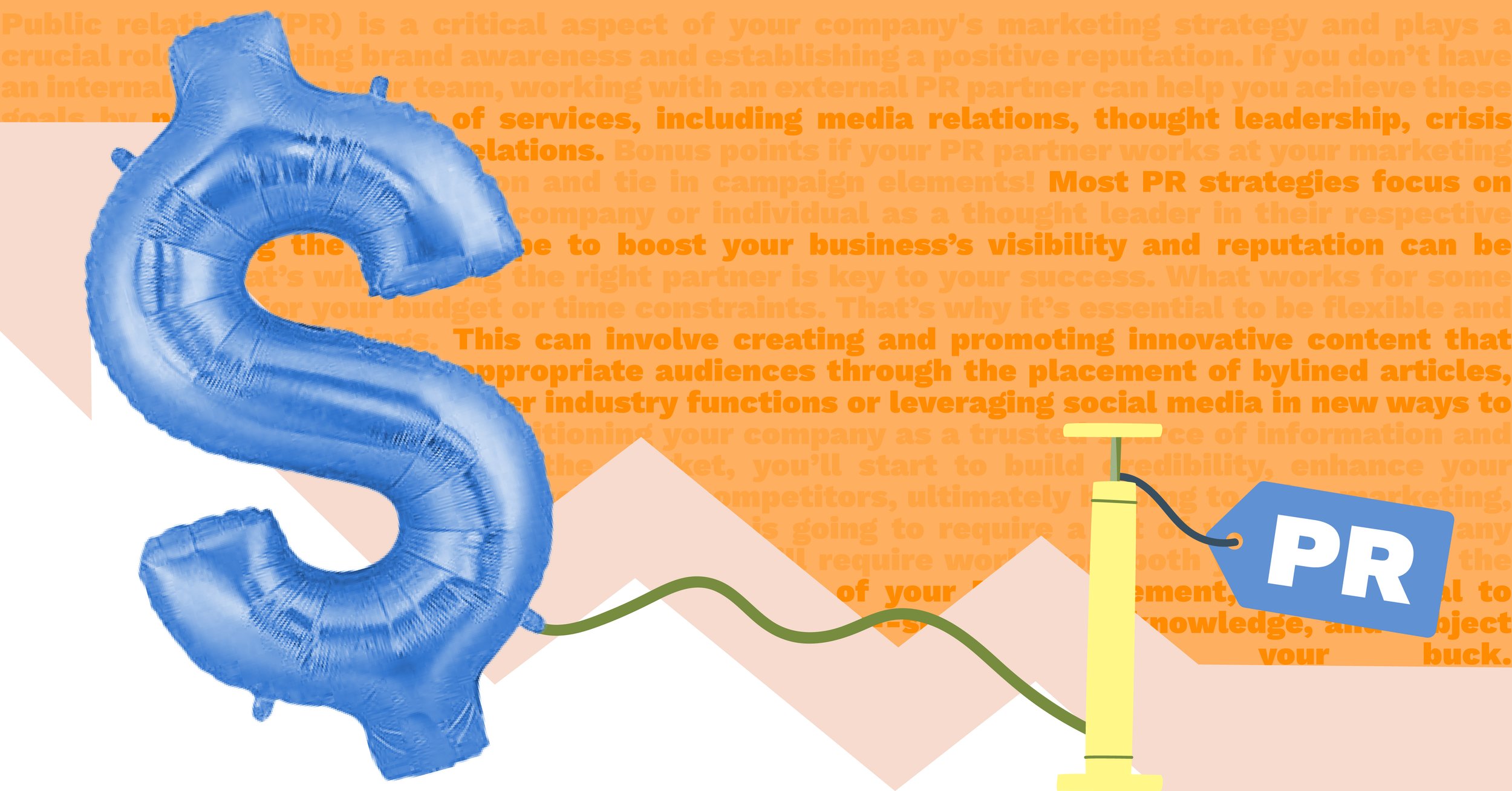Maximizing Your PR Efforts to Get the Most Bang for Your Buck

“What’s in a name? That which we call a rose by any other name would smell just as sweet.” – William Shakespeare
Public Relations. Media Relations. Publicity. Thought Leadership. Whatever we call it, it’s clear that PR plays a crucial role in maintaining a positive reputation, building brand recognition, establishing a company or individual as a thought leader, and even managing through times of crisis. But finding the right recipe to boost your brand’s visibility can be challenging. That’s why finding the perfect PR partner is key to your success.
In PR, what works for some, might not work for your budget or time constraints. Be flexible and open to trying new things. Maybe you’ll find success in writing and promoting bylined articles, securing speaking spots at cutting-edge industry functions, or leveraging social media to grow your share of voice. Knowing which tactics will bring you the most success takes time and patience as you find out what works. Staying consistent and optimizing for your company’s strengths can go a long way when navigating your brand’s journey with PR.
By positioning your company as a trusted source of information and establishing its unique voice in the market, you’ll build credibility, enhance your reputation, and differentiate yourself from competitors, ultimately helping drive marketing and business success.
Related: Firing Up the PR Machine
Anything worth doing requires a bit of hard work, and like any marketing initiative, an effective PR strategy will require effort from both your team and the agency supporting you. To maximize the benefits of your PR efforts, it’s essential to understand what it takes—such as time, knowledge, and subject matter experts—to get the most bang for your buck.
Here are some tips to help you maximize the benefits of PR:
- Define clear goals and objectives: It's essential to have a clear understanding of what you hope to achieve through the time and effort spent on PR. Lay it all on the line—this will help your PR partner create a strategy that meets, or exceeds, your business objectives. Some common PR goals include increasing brand awareness, improving media coverage, establishing thought leadership, and managing a crisis.
- Be transparent and communicative: Communication and trust are critical to any successful partnership, especially in PR. Share your goals, expectations, and concerns with your PR team. Encourage open communication and establish a routine set of checks and balances to ensure everyone is on the same page.
- Provide background information: Your PR agency must thoroughly understand your company, clients, and all stakeholders involved. Share any relevant company history, current challenges, and future plans. These details will help your partner get to know your business on a deeper level and create a PR strategy that evolves with your roadmap.
- Be patient: PR is like a slow train that takes time to gain speed. You might not see results immediately, but over time, the steady drumbeat will be heard. Prepare to be consistent and persistent. And it’s important to proactively participate in the PR process to fully benefit from your PR engagement.
- Make time for PR: For PR to work, it requires a significant time investment, so you should allocate sufficient resources to ensure its success. Your partner will expect you to participate in media interviews, provide content for press releases, share what you’re hearing in the industry, and give input on campaign strategies.
- Measure success: Establish key performance indicators (KPIs) to track the success of your PR efforts. This will help you determine whether your PR agency is meeting your expectations and delivering the desired results. Some common PR KPIs include media coverage, social media engagement, website traffic, and brand mentions.
- Be flexible: PR is an ever-evolving field, and it’s essential to be flexible and open to change. Your PR agency may suggest adjusting your strategy based on current market conditions or changes in your target audience. Be willing to adapt and pivot your PR strategy as needed to achieve your business goals.
If your team needs support with media relations, thought leadership, crisis management, or influencer relations, let’s chat about PR.
